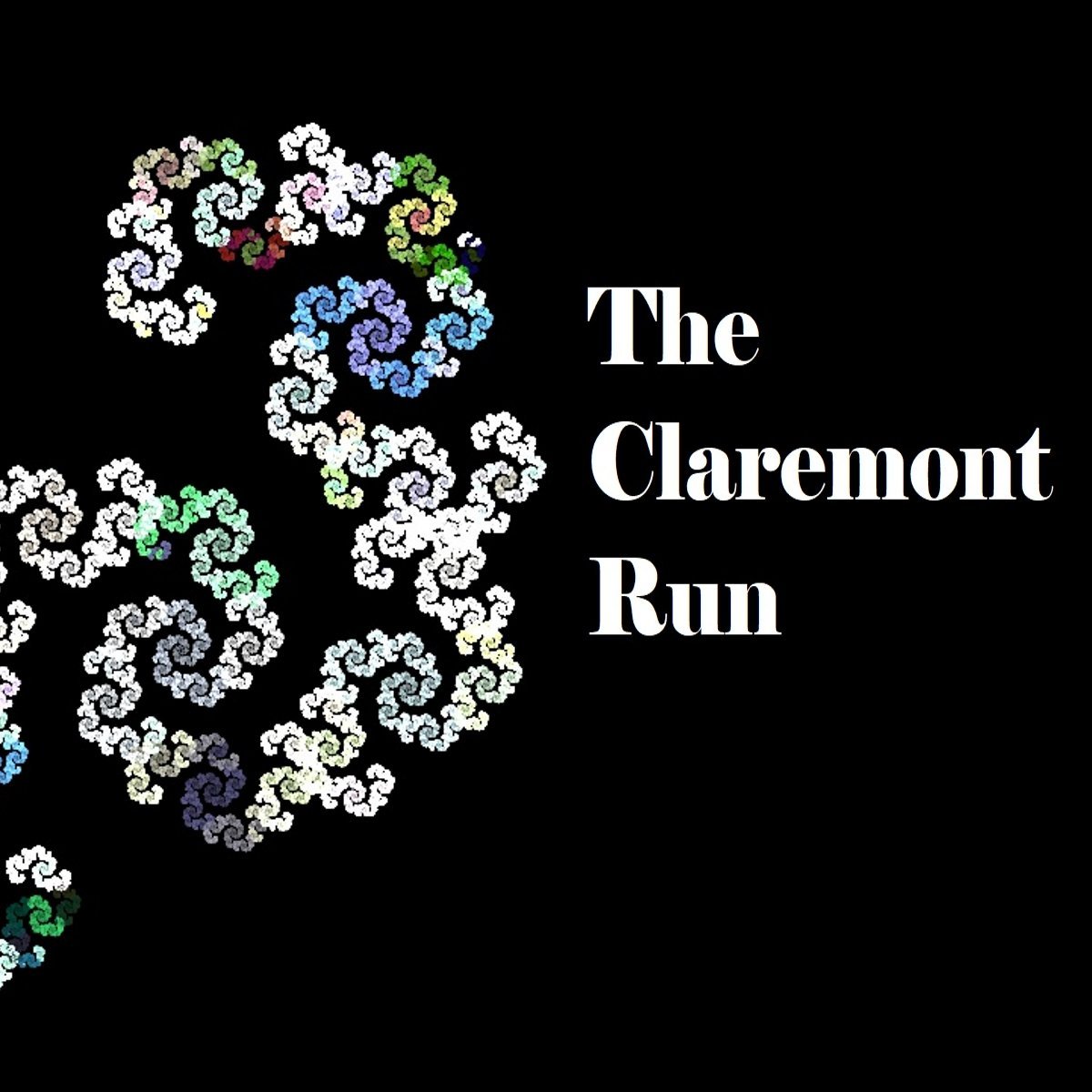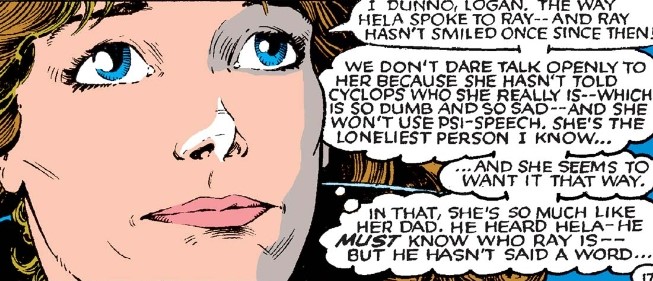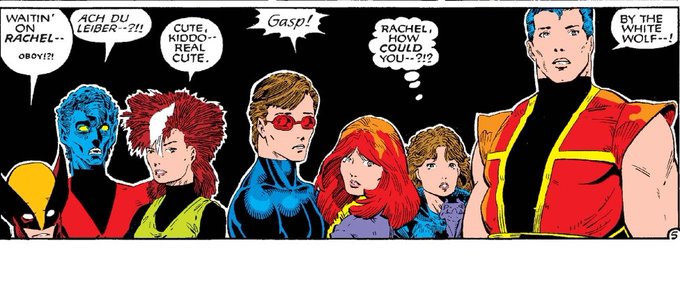Also surfacing in the aftermath is the fundamental trust that the team is placing in the unknown entity of Psylocke, who can know all their intimate secrets yet withhold her own (and gentle reminder that she’s a spy for Mojo at this point). 9/11
Even once defeated, Malice’s work continues to reveal character. In the aftermath of her attack, Wolverine makes a grave misjudgement, revealing Wolverine’s wavering faith in his instinctual senses – the edge that he’s losing (and will continue to lose). 8/11
We see this first in Alison’s martyr complex and destructive need for attention – factors that will go on to propel her character arc from insecure, self-doubting, junior X-Man, into a competent team member, and eventual altruist. 4/11
Always building character, however, Claremont uses the simple confrontation to seed looming interior problems for each of the X-Men involved: 3/11
The issue opens with Malice causing friction in Lila Cheney’s band by cultivating Dazzler’s jealousy and turning her against her friends. Lila reports this to the X-Men, who intervene, only to find themselves at war with each other as Malice jumps from body to body. 2/11
It must also be noted that two of Rahne’s most important romantic encounters (1 textual and 1 subtextual) are specifically experienced in wolf form. Hrimhari is a wolf-being himself, and Rahne’s personal bond with Dani is only active when Rahne is in wolf form. 5/7
Kitty then notes that Cyclops is clearly in denial about it, despite the obvious similarities in personality between father and daughter. Even when the mystery is completely resolved, Rachel can’t have a relationship with her father. She is alone. 6/8
In Annual 9, however, Rachel makes the audacious move of donning her mother’s insignia and claiming the Phoenix codename. Most of the team know the truth at this point and are appalled by Rachel’s decision. 4/8
Rogue’s backstory is littered with guilt over what she did to Carol. Rogue exhibits depression, anxiety, self-hatred, and even suicidal thoughts as a result. Making her fight Carol is thus a compelling litmus test for the character. 7/9
The issue is pivotal for cultivating the intersection of the mutant metaphor and Jewish heritage/history. The severity of Claremont’s portrayal of Haller thus adds context and motivation to key characters, even retroactively. 10/10











